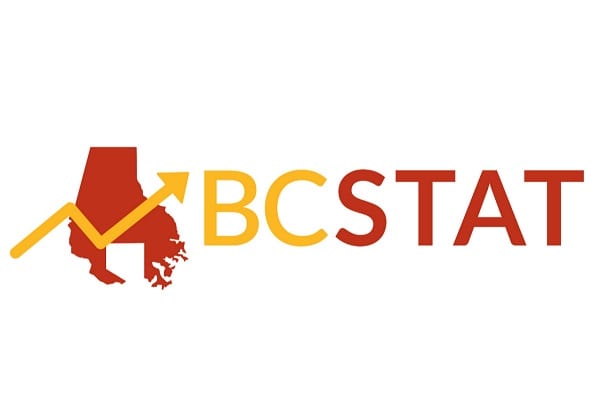TOWSON, MD—County Executive Johnny Olszewski on Friday released a new interactive data dashboard displaying detailed information about police traffic stops in Baltimore County.
This new dashboard expands Olszewski’s unprecedented efforts to provide more information to the public and increase transparency and accountability.
“Building a culture of transparency is critical for making our government more responsive and accountable to the people we serve, and for building trust between government and communities,” Olszewski said. “I want to thank Chief Hyatt, the Baltimore County Police Department and our BCSTAT data team for their work in developing this latest dashboard to further advance our administration’s push to provide the public with more information.”
The Traffic Stop Data Dashboard, developed by Baltimore County’s BCSTAT team in collaboration with the Baltimore County Police Department, displays reportable traffic stop data from 2017 to the present in accordance with Maryland state data collection and reporting legislation. These data include the number of traffic stops by race, the reasons for stops, and traffic stop outcomes.
This dashboard allows users to see stop, search, and arrest trends over time, demographic statistics, and other related data in an interactive format.
“This new dashboard reinforces our dedication to transparency and accountability,” said Police Chief Melissa Hyatt. “We remain committed to treating every person in Baltimore County equitably with dignity, and respect.”
In November 2019, Olszewski created the Workgroup on Equitable Policing to examine policing policies and make recommendations regarding equitable practices, training and supervision, and transparency and accountability for law enforcement.
The group is chaired by Troy Williams, the County’s first Chief Diversity and Inclusion Officer, a position created by Olszewski to help promote equity and inclusion countywide.
In July of 2020, Olszewski made the group permanent and expanded its scope. It is now known as the Equitable Policing Advisory Group (EPAG). The dashboard released Friday fulfills a recommendation of the EPAG to make data more available to the public.
“This new tool represents an important step forward and reaffirms the County’s continued commitment to implementing the recommendations of the Equitable Policing Advisory Group,” Troy Williams said. “Moving forward, we must continue to work across the criminal justice continuum in order to foster more equitable policing for every resident across Baltimore County.”


